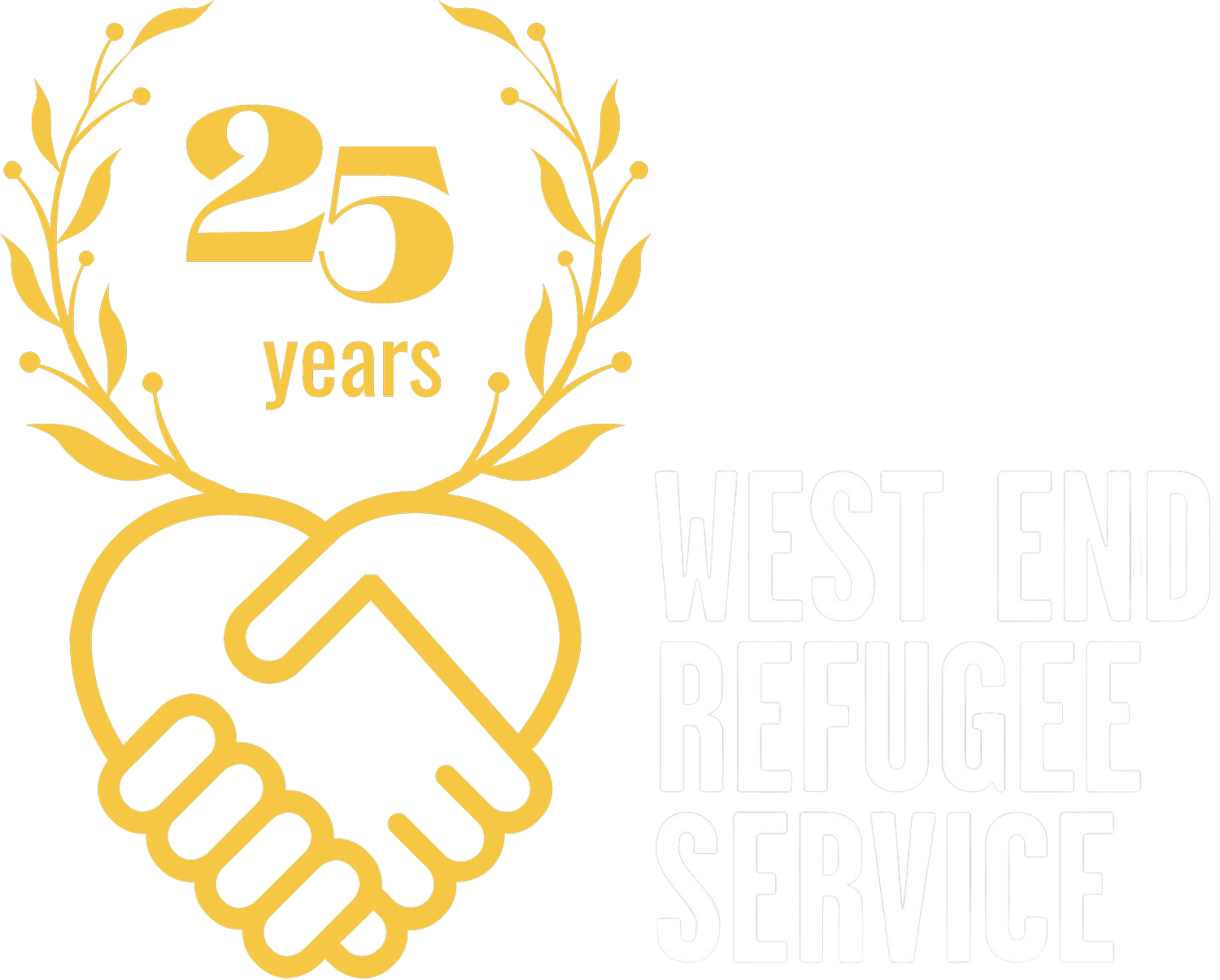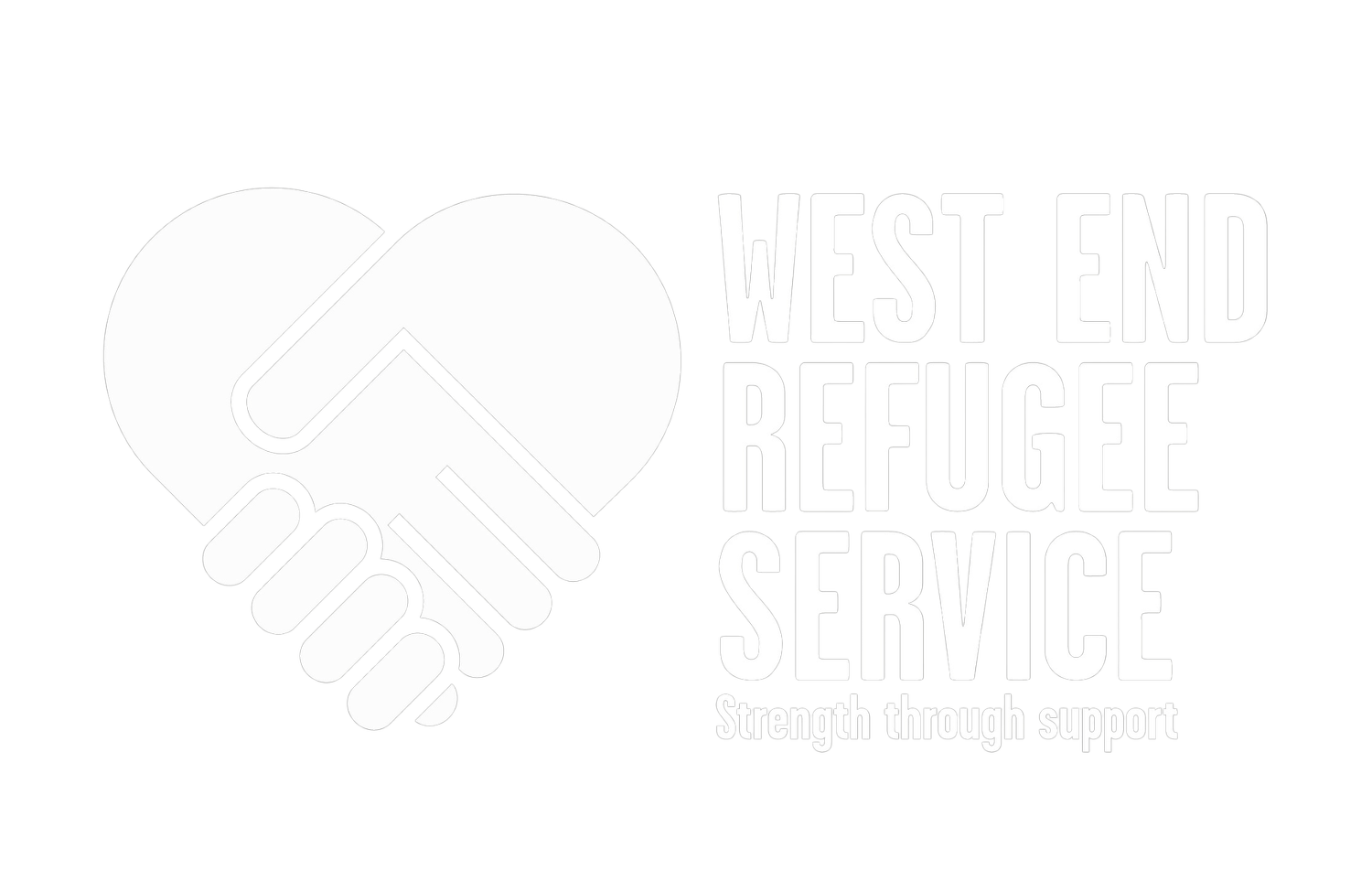Let’s Talk About Mental Wellbeing
In a time of increasing global conflict, poverty and inequality, it is crucial that we talk about the impact this has on the mental health and wellbeing of refugees and people seeking asylum.
Refugees and asylum seekers are more at risk of experiencing mental health issues than the general population. This is due to stress-factors that can exacerbate pre-existing mental health struggles and create new ones. Such stress-factors occur before and during migration and during settlement, and lead to high prevalence of mental disorders among the refugee population, including PTSD (31%), depression (31%), anxiety (11%) and psychosis (1.5%).
It is understandable that refugees and asylum seekers are at greater risk of experiencing poor mental health due to the struggles they often face, including violence, danger, separation, detention and lack of access to basic needs. Additionally, certain vulnerable groups are more likely to experience mental health issues, including children, women (particularly pregnant and breastfeeding women), elderly, disabled, and LGBTQ+ people. Therefore, it is important that we recognise the impact that forced migration and the process of claiming asylum has on people.
We need to ensure that refugees and asylum seekers are given easy access to the mental health support that they need, including trauma-informed, comprehensive and inclusive support, with outreach to at-risk groups. This support must also be conducted with the aim of ensuring that certain protective factors, which can reduce the risk of mental health issues, are made available to individuals. These protective factors include access to employment and services, access to education, family reunification and social support.
Getting help can be extremely difficult, but there are some things that may improve mental wellbeing in the meantime. Firstly, volunteering at WERS can be a great way to meet kind and likeminded people, including people with lived-experience of the asylum system. Volunteering can be rewarding and an important reminder that you are not alone. Additionally, getting involved in some of the events at WERS is a great way to meet people and get active, such as by taking part in WERS’s Tuesday football sessions. Some activities outside of WERS that may improve wellbeing include going for a walk or trying a new hobby such as dancing, yoga, baking, reading and writing in a journal.
Finally, if you are a refugee or asylum seeker struggling with your mental health, know that you are never alone; people at WERS are always here to talk and help as much as we can.
By Freya Ward


